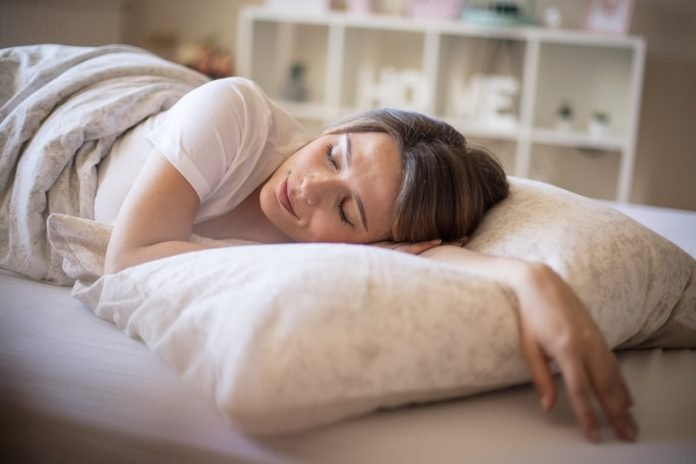
The Scope of Long COVID in the US
As of April 2023, the virus that causes COVID-19 has infected more than 100 million Americans.
According to the U.S. Government’s Household Pulse survey, about 6 percent of U.S. adults are experiencing long COVID symptoms, which include brain fog, fatigue, depression, and sleep issues.
Sleep Apnea and COVID-19
Obstructive sleep apnea (OSA) is a condition that affects around one in eight adults, yet it is often underdiagnosed.
Previous studies have revealed that patients with OSA tend to experience more severe illness when they contract COVID-19.
Unveiling the Link Between Sleep Apnea and Long COVID
In a bid to understand the connection between sleep apnea and long-term COVID symptoms, a research team led by the National Institutes of Health’s RECOVER Initiative and NYU Langone Health reviewed patient data who had tested positive for COVID-19 between March 2020 and February 2022.
This data came from three RECOVER research networks, including both adult and pediatric patients.
What the Study Revealed
The study, published in the journal Sleep, revealed a significant increase in the risk for long COVID among adults with a prior diagnosis of sleep apnea.
This increase remained significant even after the researchers accounted for factors such as obesity, hypertension, diabetes, and hospitalization during initial COVID infection, all of which are known to independently contribute to the risk for long COVID.
Interestingly, in the case of children, the link between sleep apnea and the risk of long COVID disappeared when other risk factors were taken into account.
Interpreting the Findings
“A strength of the work is that the link between sleep apnea and long COVID persisted regardless of how we defined long COVID or gathered data,” said senior study author Lorna Thorpe, Ph.D., MPH, Professor and Director of the Division of Epidemiology at NYU Langone Health.
The study also highlighted a gender disparity in the risk for long COVID among sleep apnea patients.
Women with sleep apnea were found to be at a higher risk of long COVID than men with the same condition.
This could be because women with sleep apnea tend to go undiagnosed for a longer period, indicating a more severe condition when finally diagnosed.
The Importance of the Study
The study’s findings are crucial in informing clinical care by identifying patients who should be monitored more closely.
“People with sleep apnea who get infected with COVID should seek early treatment, pay attention to their symptoms, and keep up with their vaccinations to lower the risk of infection in the first place,” said Hannah Mandel, a senior research scientist for the electronic health record studies arm of the RECOVER CSC at NYU Langone Health.
The research is part of RECOVER’s efforts (Researching COVID to Enhance Recovery) to understand why some people develop long-term symptoms following a COVID infection and how to detect, treat, and prevent long COVID.
As the Clinical Science Core, NYU Langone Health is responsible for integrating research activities of clinical sites across the country.
If you care about sleep, please read studies about herb that could help you sleep well at night, and these drugs could lower severity of sleep apnea by one third.
For more information about COVID, please see recent studies that low-sodium plant-based diets may prevent COVID-19 better, and results showing zinc could help reduce COVID-19 infection risk.
The study was published in Sleep.
Copyright © 2023 Knowridge Science Report. All rights reserved.



